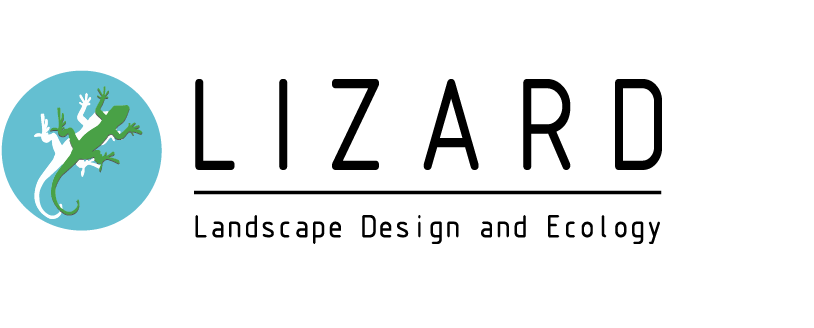A Brief Guide to Biodiversity Net Gain (BNG): Why Does It Matter?
Biodiversity Net Gain (BNG) is an approach that not only maintains biodiversity, but seeks to improve habitats following development projects. Read on to learn more about Biodiversity Net Gain and why it matters.
What is Biodiversity Net Gain (BNG)?
Biodiversity Net Gain (BNG) is primarily an approach to development, land and marine management that leaves biodiversity in a measurably better state than before the development took place.
It seeks to reinforce existing habitats and species protections by creating new habitats. This ensures the ecological connectivity they provide for wildlife is retained and improved.
Why does it matter?
Unfortunately, according to a recent report published in 2019, there has been a 13% decline in the average abundance of wildlife in the UK since the 1970s.
Although certain sites and species are protected, there are limited means to value, maintain, enhance and create wildlife habitats beyond protected sites. As a result of this, most habitats continue to be lost to development.
The flourishing of nature is not only important in its own right but also essential for the processes that support all life on earth.
BNG is beneficial for:
● Addressing the climate crisis
● Place-making
● Green infrastructure
● Access to green spaces and nature
● Mental and physical health and wellbeing
● Flood resilience
● Improving air quality
In the new Environment Act 2021, the UK government introduced a mandatory biodiversity net gain environment bill (which will start to be effective November 2023) making biodiversity net gain a legal requirement for all new developments in England. To secure planning permission, developers will have to submit a Biodiversity Gain Plan (BGP), assessing the habitat value of the land they will be developing and providing a measurable plan of how they will create a net uplift in biodiversity of at least 10% over a minimum period of 30 years.
This will aim to tackle ongoing biodiversity losses caused by human action by requiring that any new developments or builds improve the overall biodiversity value in existing habitats or by generating additional biodiversity gains through measurable improvements.
If you need help demonstrating that your project will achieve Biodiversity Net Gain (BNG), this is something we can help you with here at Lizard Landscape Design & Ecology. We’re dedicated to ensuring that your landscape design planning ideas come to life, whilst acknowledging the environmental impacts. The service we provide will be tailored to you personally and of the highest standard. We offer full time landscaping strategies and ecological assessments to provide you with detailed planning submissions - contact us today to find out more about our services.

